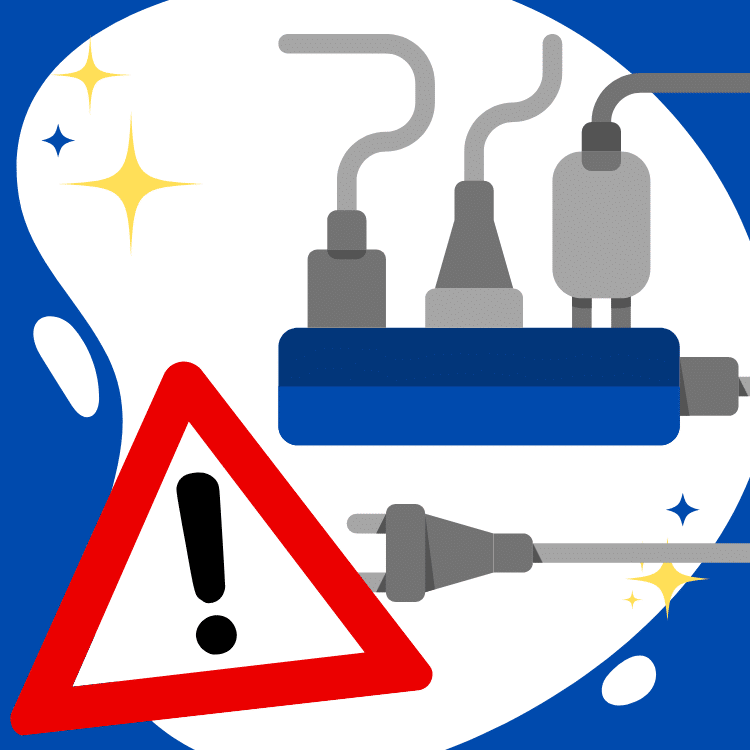We offer a wide range of services for that fresh look, or just maintenance or updates to keep your home functioning and safe. Regardless of the size of the job, we have a craftsman that can tackle it. We offer a wide range of services for that fresh look, or just maintenance or updates to keep your home functioning and safe. Regardless of the size of the job, we have a craftsman that can tackle it.

Electrical / July 14, 2023

Overloaded circuits present risks to homeowners, their property, and appliances. Some common causes of overloading include faulty or old wiring, overuse of devices on a single circuit, or poor understanding of wattage or voltage demands on a circuit. Electrical contractors in Vaughan can help homeowners assess their electrical systems and determine their safety.
If a system is up-to-date, homeowners must understand how to use their existing system and devices effectively to maximize performance and avoid load complications. Sometimes, a homeowner may need to consider making panel additions or upgrades to suit personal preferences and family demands.
Modern home designs use breaker panels and circuit breakers as an added level of protection against circuit overload. In a typical situation, if you exceed the specified load for a circuit, the circuit breaker would trip and cut the power to the entire circuit, protecting appliances and the wiring.
If a breaker did not exist, an overload would cause the wiring to overheat, melting the wire casing and exposing building materials to heat and electrical current. In older homes with outdated boards and panels, and limited protection against circuit overload, the excessive load could cause electrical fires.
While current electrical systems have built-in safety features to protect against load issues, homeowners still need to understand how to balance loads and not exceed them. To help with the education process, consider a few tips to reduce your risks.
Every appliance uses a specific number of watts or volts for optimum performance. The wattage and voltage are usually on the device cord or on the device itself. Do not use an appliance that’s voltage exceeds the voltage of the outlet you want to use. For example, never plug a 220-volt appliance into a 120-volt outlet.
You’ll also need to learn how much power your appliance uses throughout a given day. Also, consider the standby power of the device. While standby power may not cause an overload, it does add to the energy consumption and expense of a device.
With a thorough understanding of the power needs of your appliance, check the circuit breaker to learn how many watts it can safely load before shorting the circuit. Don’t forget to add in the other devices connected to the same circuit.
Energy-saving appliances are good for the environment and your pocketbook. The devices don’t use as much energy, so they reduce your carbon footprint. Also, because they demand less power, using energy-rated products can reduce your utility bills.
Beyond the green benefits — referring to both definitions of the phrase — energy-efficient appliances are less abusive to home circuits. Because the devices use less energy, they demand less power, which equates to fewer watts. Fewer watts means less risk of overloading the circuit.
Many modern appliances use significant energy even when not in use. For example, computers, televisions, and toasters all continue to use power in standby mode. Whenever possible, unplug energy-draining appliances to protect the circuits and devices.
Also, when keeping appliances plugged in, remember to keep them on separate circuits. The more devices plugged into a single circuit, the greater the chances of overloading it.
Do you have a circuit breaker that keeps tripping no matter how you arrange your appliances? Contact Handyman Connection to inspect your electrical system and determine the cause of the circuit interruption. Depending on the age of your system and the wiring in your home, your house might be due for an upgrade.